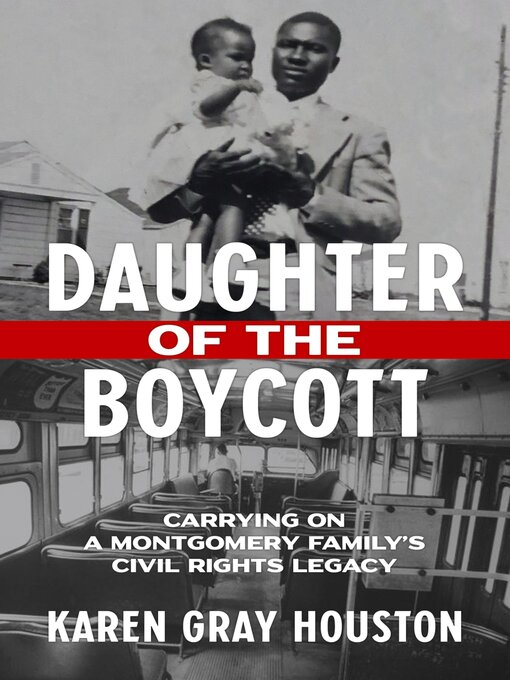- Available now
- New eBook additions
- Try something different
- Most popular
- New kids additions
- New teen additions
- See all ebooks collections
- Available now
- New audiobook additions
- Try something different
- Most popular
- New kids additions
- New teen additions
- See all audiobooks collections
- News & Politics
- Home & Garden
- Business & Finance
- Health & Fitness
- Fashion
- Food & Cooking
- Crafts & Hobbies
- Tech & Gaming
- Sports
- Family & Parenting
- Celebrity
- Cars & Motorcycles
- Travel & Outdoor
- See all magazines collections

